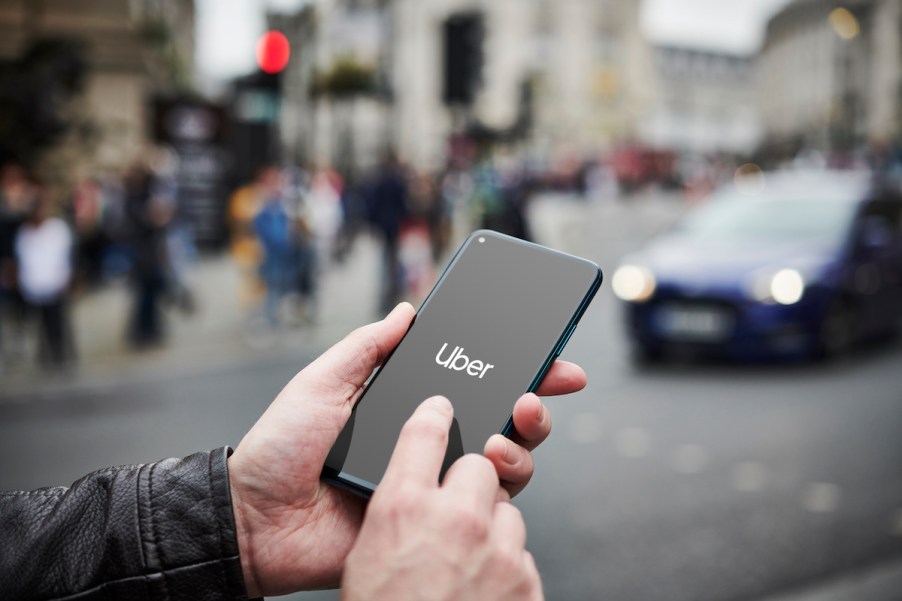
6 Uber Alternatives for Long-Distance Trips
Uber is a great way to get where you need to go without having to drive your own car. However, Uber is a service, and like any other service, it has limitations. You can request an Uber for long-distance trips, but you should know the caveats. And consider some Uber alternatives.
A long Uber trip can be expensive, and few drivers will want to do it

Uber places some limits on how long a trip can take. The main thing that limits long-distance Uber trips is the company’s eight-hours policy. That means a trip can’t take longer than eight hours.
Uber’s main competitor, Lyft, also has limits, but Lyft’s limitations also vary from place to place. For example, in San Francisco, a Lyft user can’t be charged more than $400 for a single fare.
Because Uber doesn’t have a max fare like Lyft, a long-distance trip under eight hours can cost a lot.
For instance, in 2017, NFL player Shareece Wright missed a flight out of Chicago, so he took an Uber to Buffalo, New York. Some Uber drivers declined Wright’s request because they didn’t want to travel 500 miles across state lines. But one driver accepted the gig, and after the eight-hour trek, the fare came to $632.08. In addition, Wright tipped $300.
Wright is an NFL player, so he could afford a substantial Uber fare that likely cost more than his plane ticket. However, Compare recommends the average rideshare user consider the following Uber alternatives.
OpenRide
Unlike Uber or Lyft, OpenRide is a ridesharing service with few limits. All OpenRide does is connect drivers to passengers and process the payments between the two parties.
Unlike Uber or Lyft, OpenRide doesn’t set fares. Instead, the driver does, and the driver can charge what they want for a trip, with few limitations. As a result, if a passenger needs to go on a long-distance journey, they only need to find a driver willing to do that.
Rdvouz
The main difference between Rdvouz and other ridesharing companies is that Rdvouz is more similar to hitchhiking than anything. If a rider wants to travel long-distance, Rdvouz will look at drivers in the vicinity and their intended destinations. Then a rider can match with a driver going in the same direction.
Rdvouz isn’t about making money either, but rather about making travel more accessible, Compare explains.
Ridesharing.com
As the name implies, Ridesharing.com is for ridesharing, but this service specializes in longer-distance trips. It’s free to book trips under 46 miles, according to Compare. However, longer trips will have a booking fee.
Zipcar
Other Lyft and Uber alternatives are car-sharing services such as Zipcar. There’s no max distance for this service. However, Zipcar will add a surcharge if you travel more than 180 miles in 24 hours.
Car2Go
Like Zipcar, Car2Go is another car-sharing service. However, it has stricter limits. Users are allowed to travel only 200 miles outside of their home area, Compare reports. And if a user drives more than 150 miles, they’ll get hit with a surcharge.
Zimride
Unlike other Uber alternatives, Zimride is a more exclusive car-sharing network. Users must be part of a corporate or university network to use Zimride.


